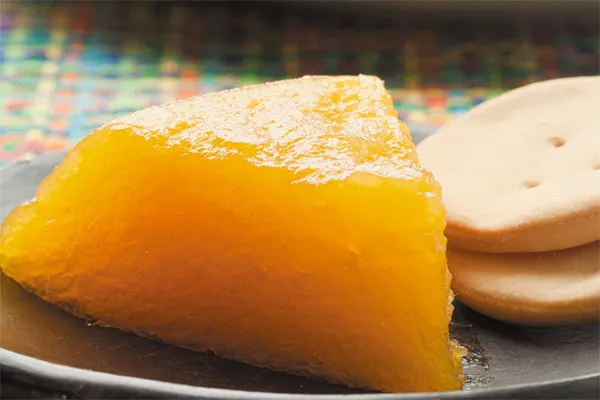A group of scientists from the Autonomous University of Coahuila (UADEC) created a low sugar jelly -based sugar and antioxidants.
The specialists of the Faculty of Chemical Sciences (FCQ) covered three aspects in the project, the first was the use of plant waste to obtain bioactive and antioxidant compounds to control diabetes.
“Part of innovation was to take waste;In this case we use Granada shell, which is thrown and has a large number of bioactive compounds, which we incorporate into the product, ”explained Dr. Janeth Margarita Ventura Survilla.
In the second aspect, the members of the Food Research Department (DIA) reviewed the food technology to prepare the product, in addition to taking care of the image and taste of the food.
In an interview with the Informative Agency of the National Council of Science and Technology (CONACYT), Ventura Survilla said that finally the scientists analyzed the effectiveness of the jelly, according to the measures of the health sciences to treat diabetes.
These waste shows great potential to improve systemic markers altered in diabetes mellitus, such as blood glucose, lipidemia and oxidative stress.
The specialists found during the investigation that Granada reduces blood glucose levels in fasting and not fasting conditions, it is also low in sugar and food quality that meets national rules.
Developers now seek to use new extraction methods to obtain more compounds in less time, as well as encapsulate them in order to control the taste and preserve their biological activity.
Scientists also intend to advance in preclinical studies with diabetic mice and contemplate the possibility of working with obese and hypertensive animals, in addition, they seek to initiate clinical research in patients.
Ventura Survilla mentioned that the project was carried out in conjunction with Dr. Francisco Javier Alarcón Aguilar, of the Autonomous Metropolitan University, Iztapalapa Unit (UAM-I).


